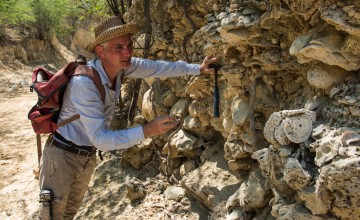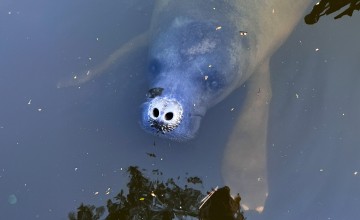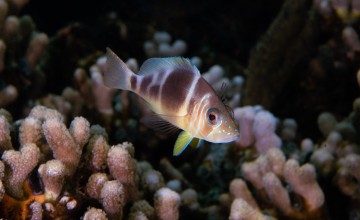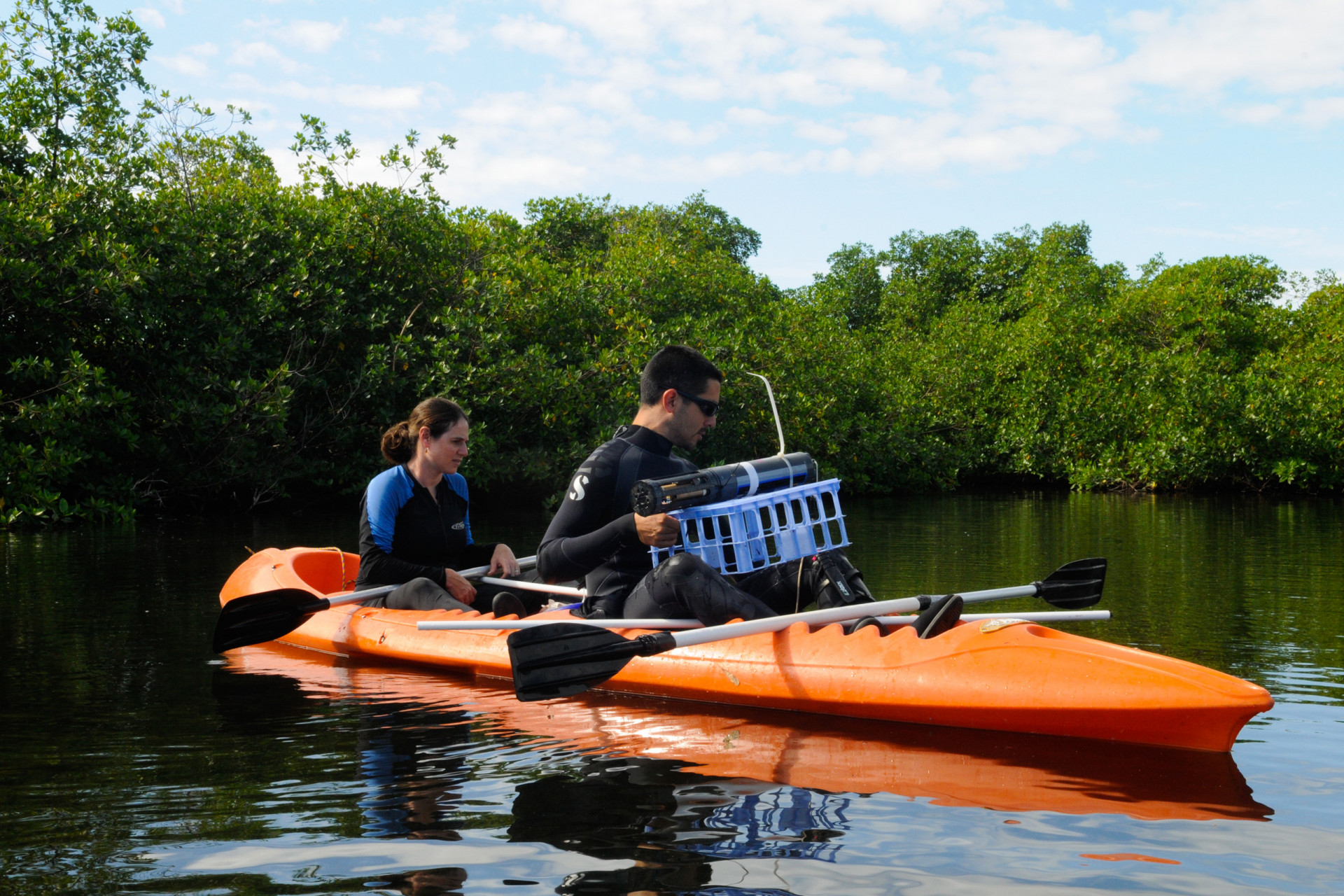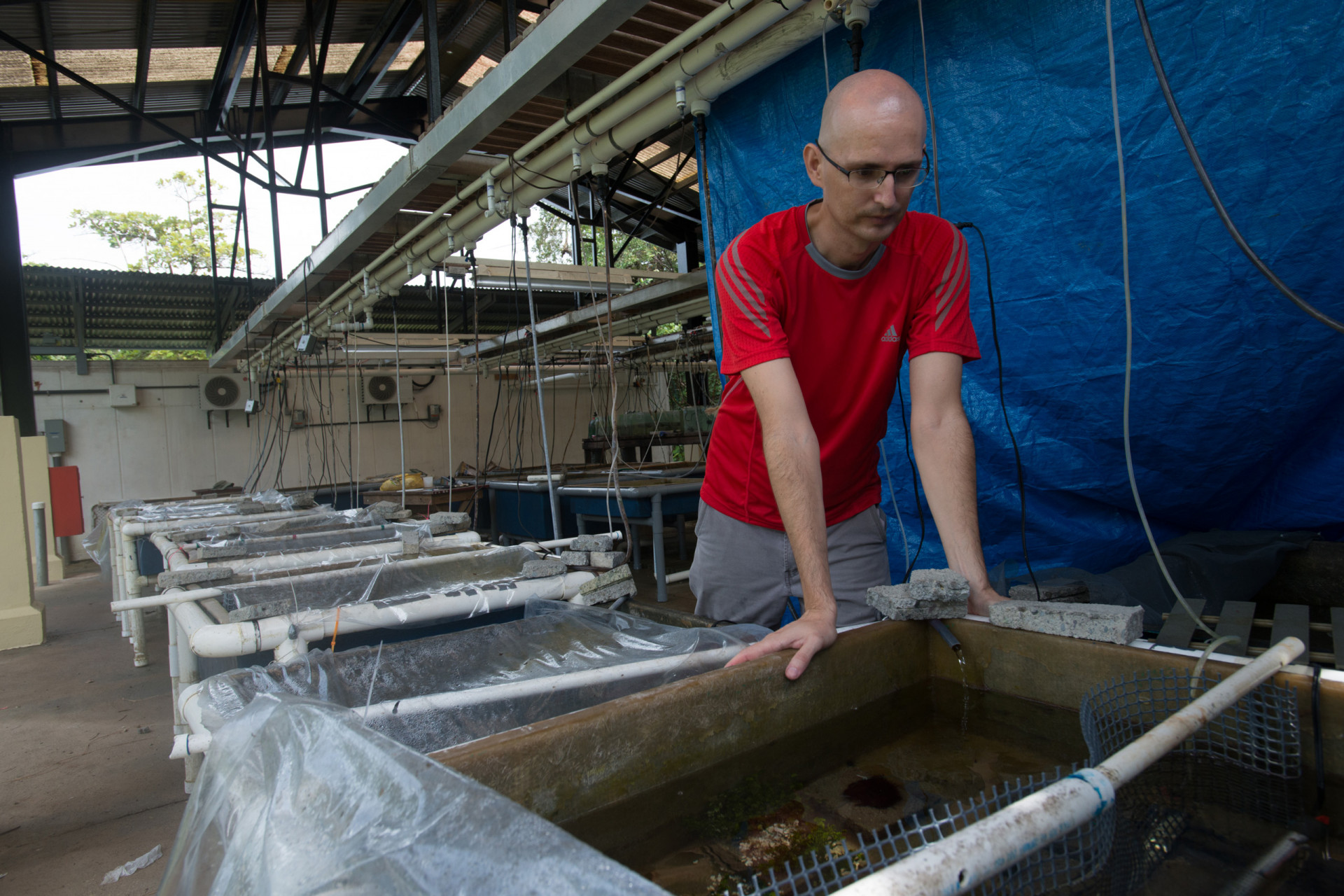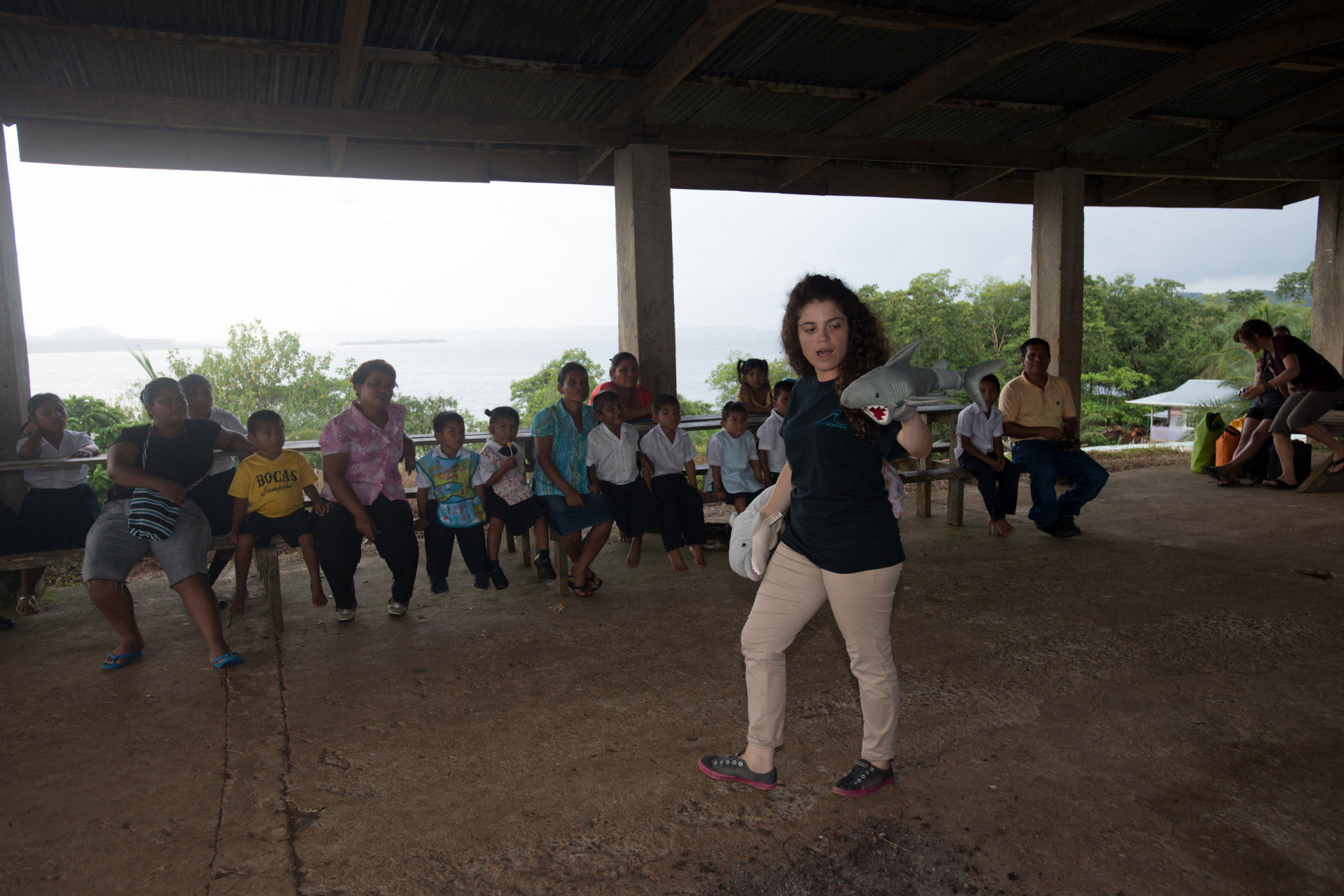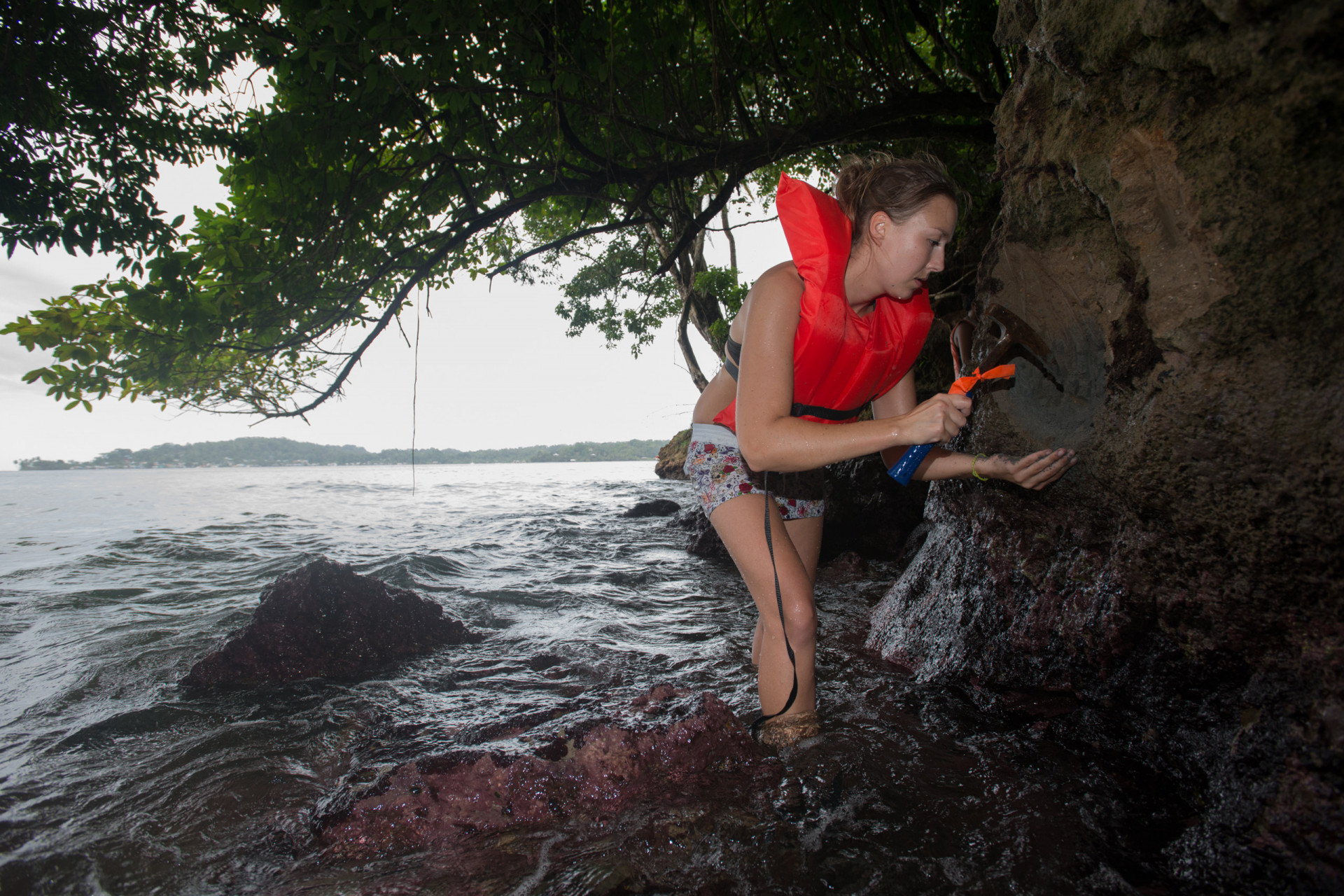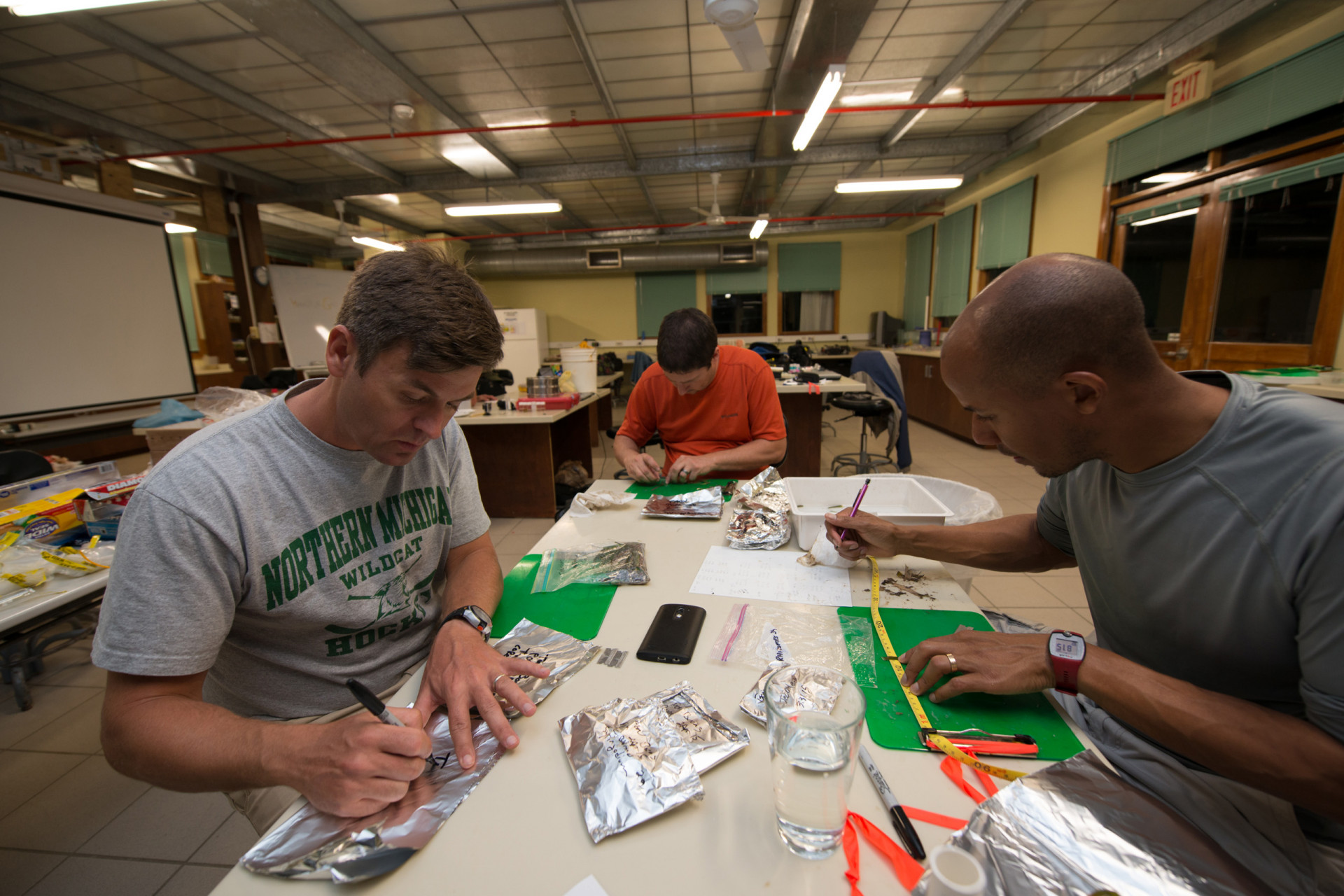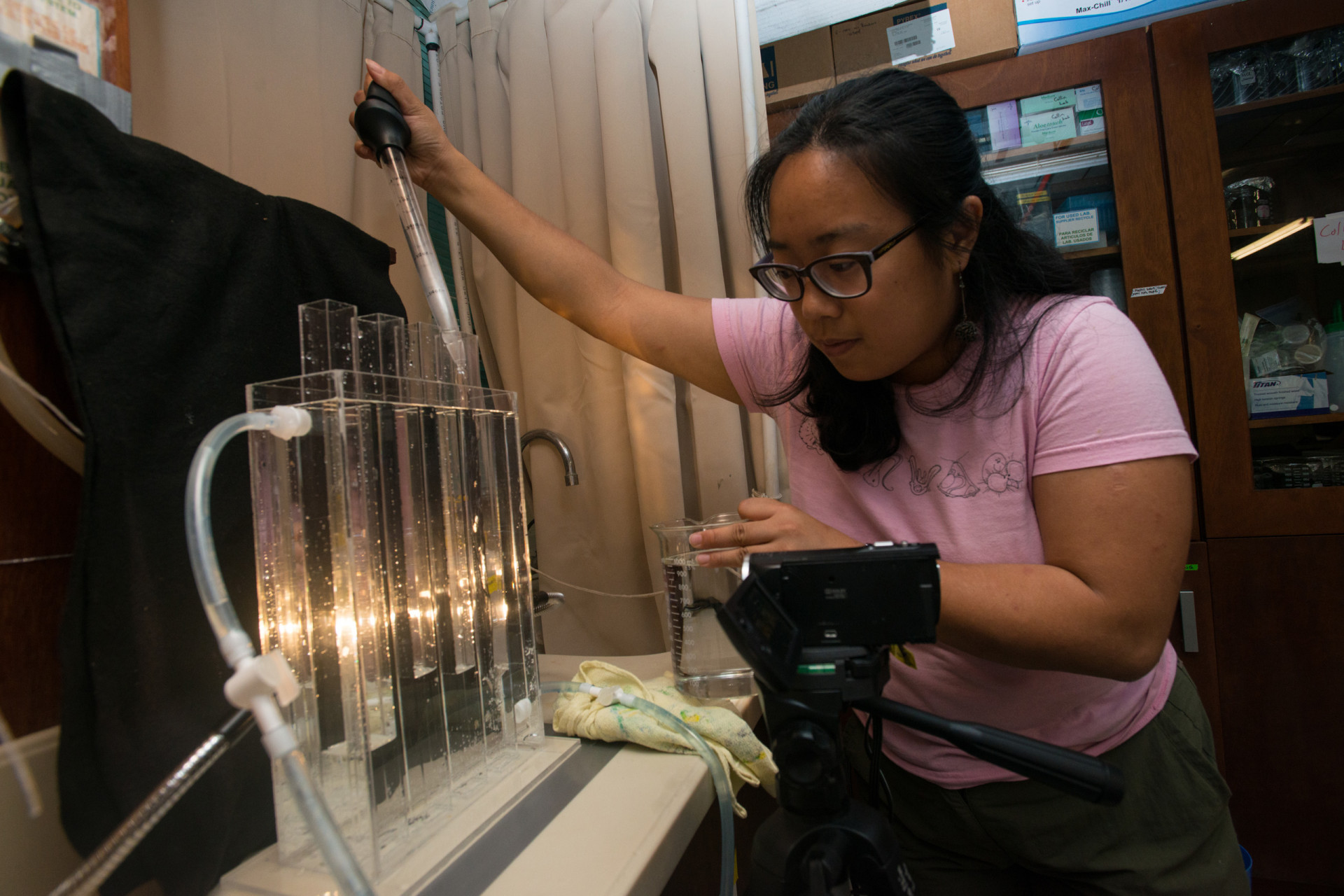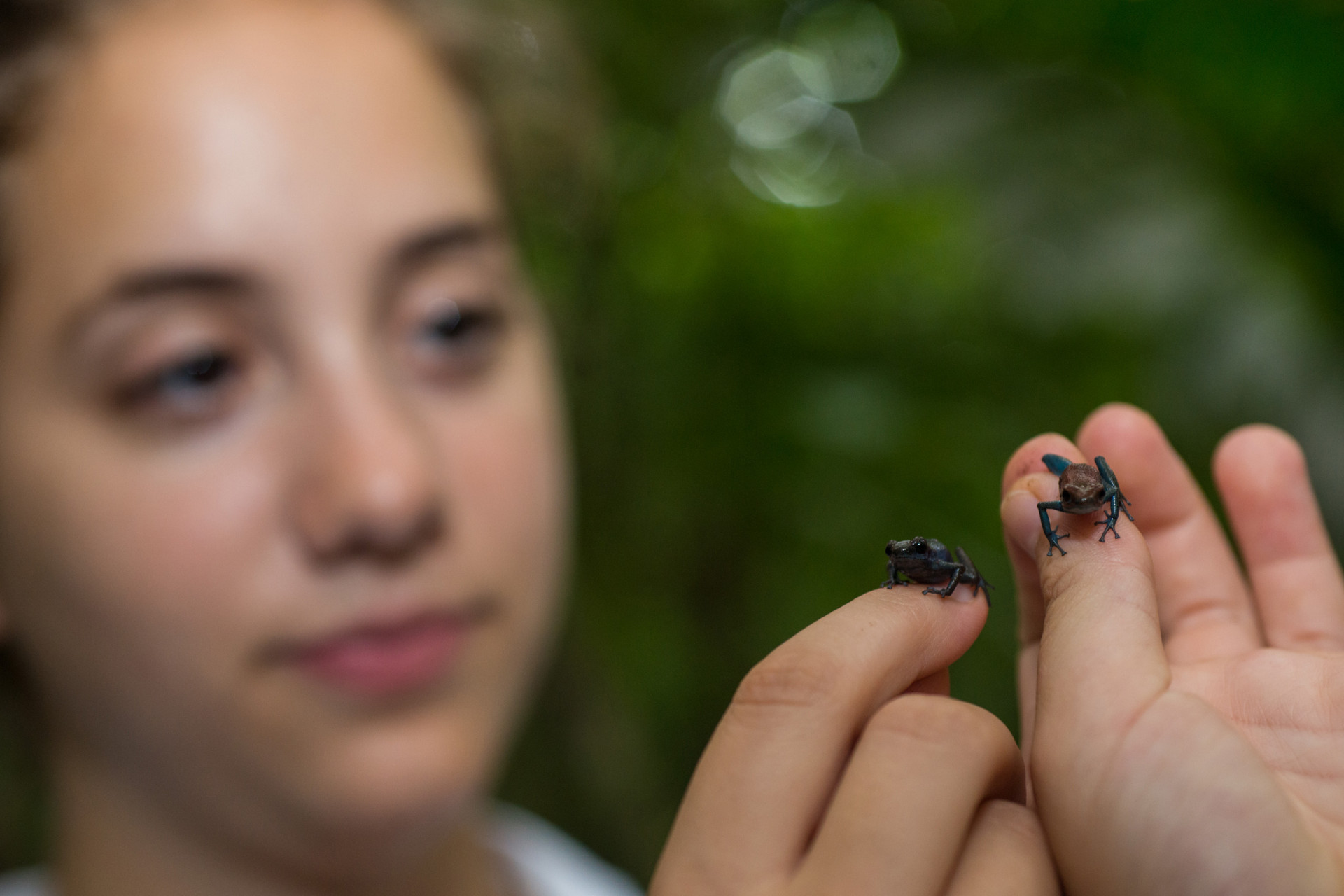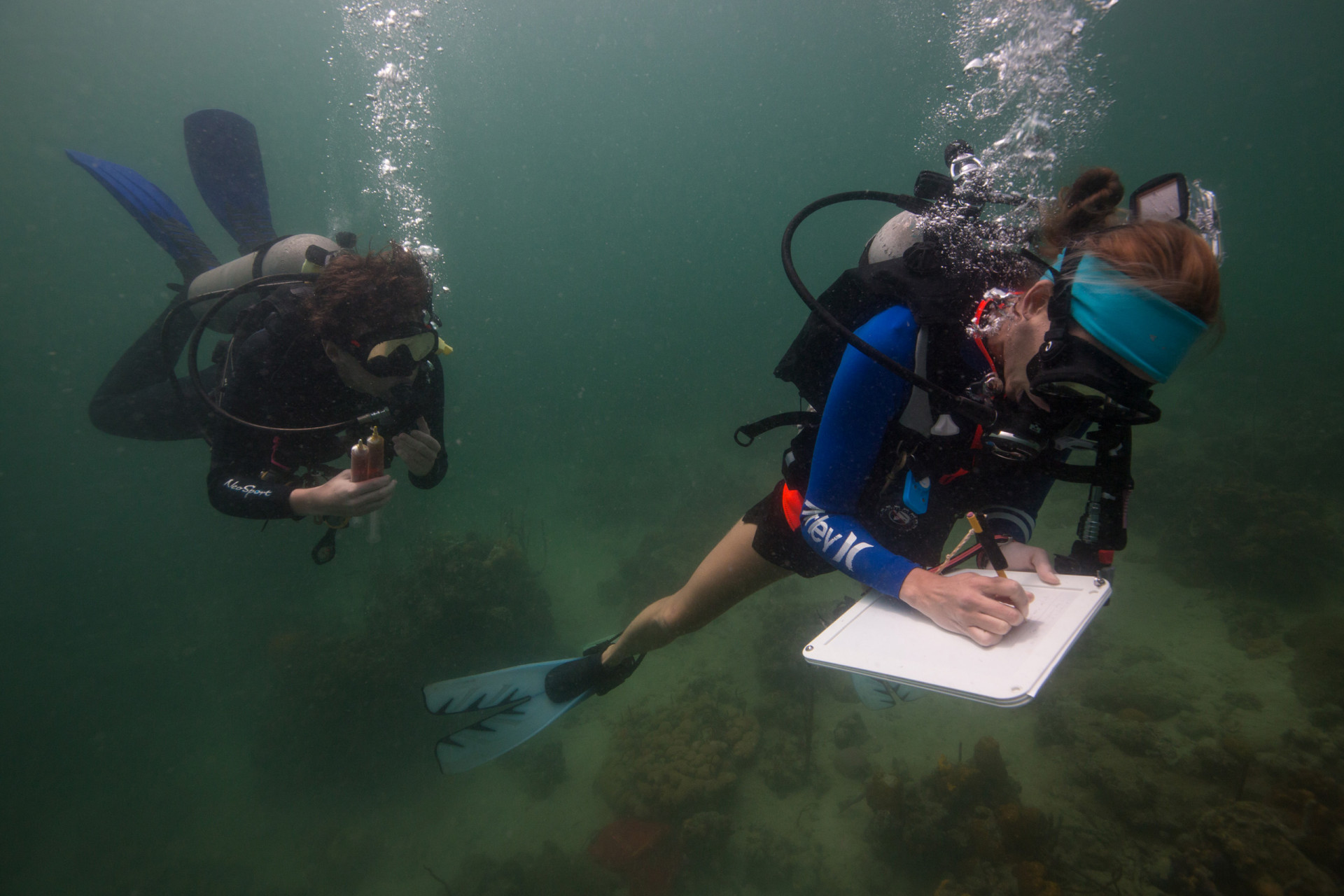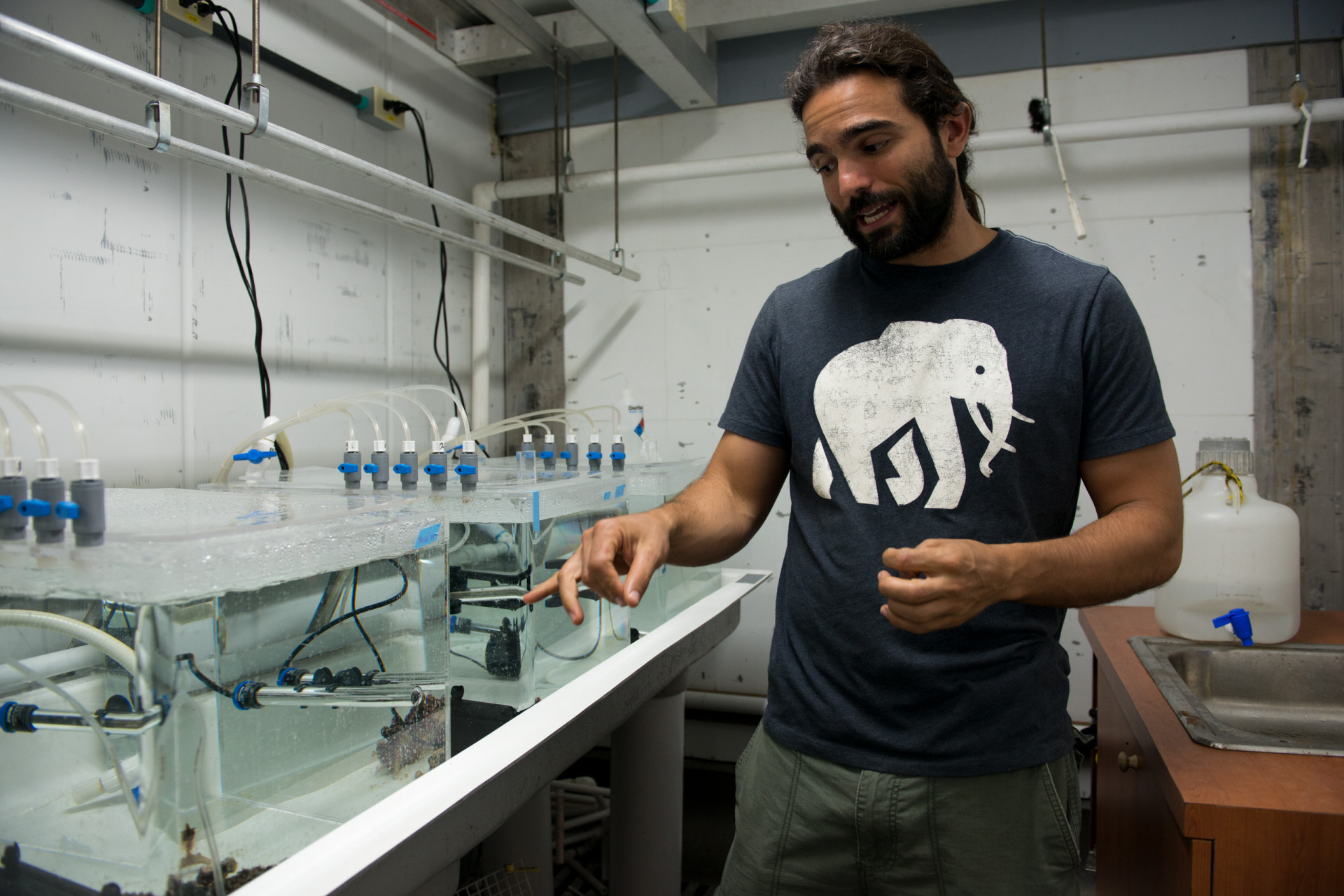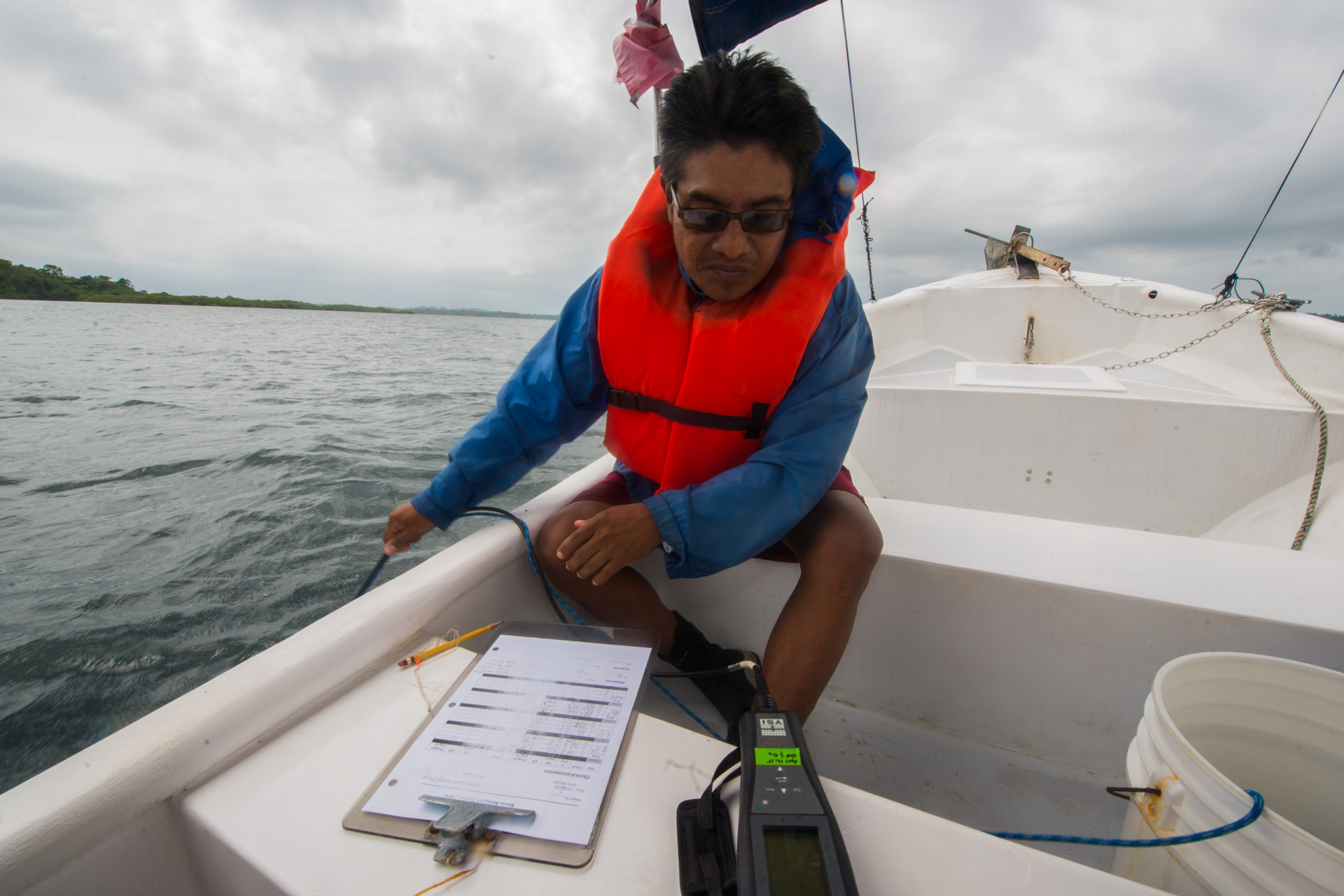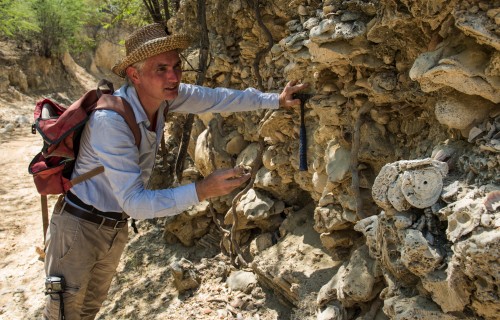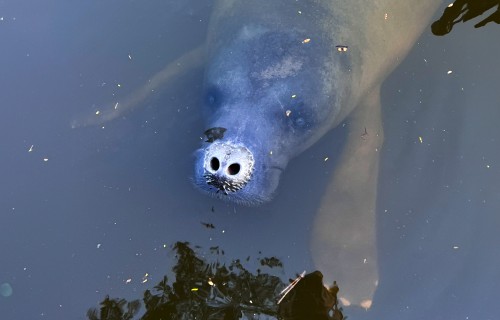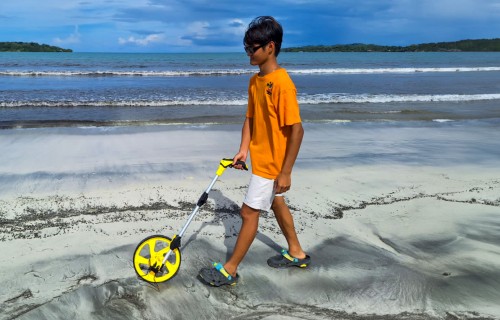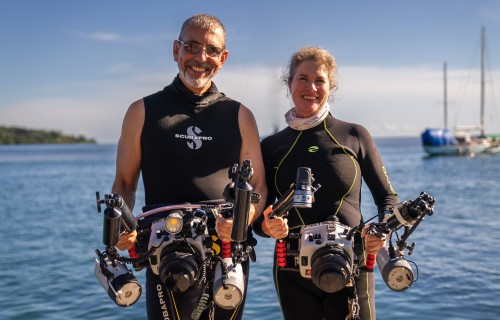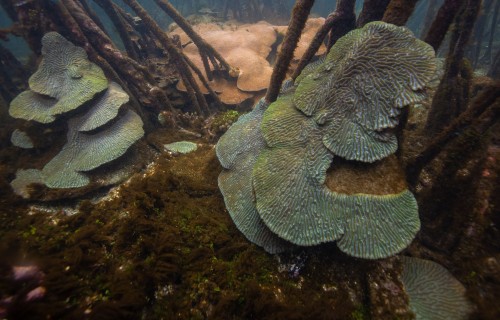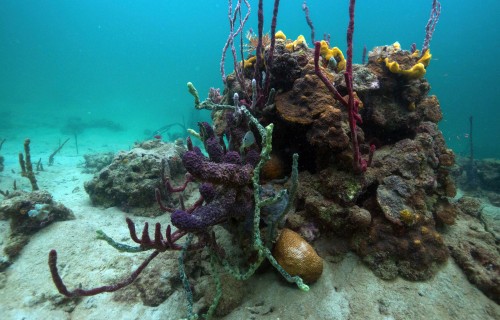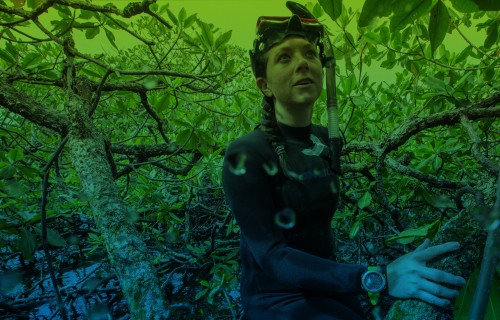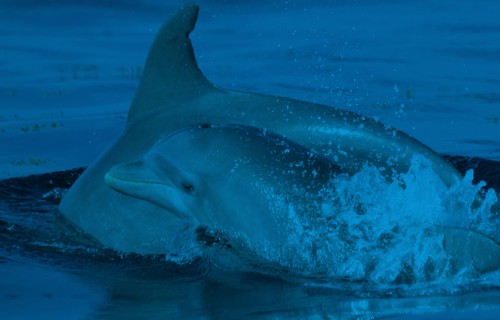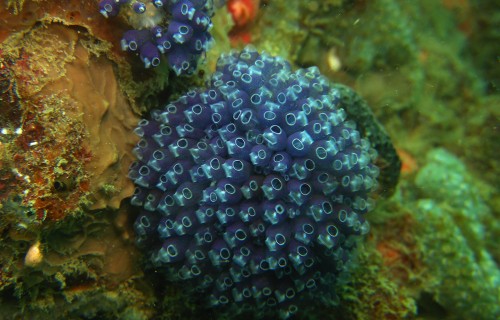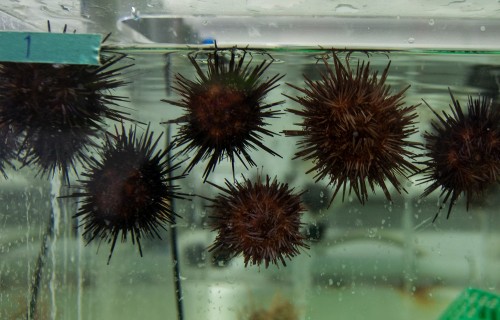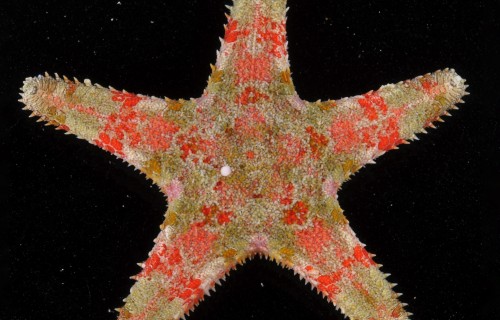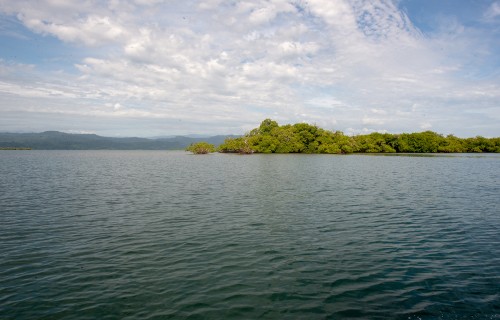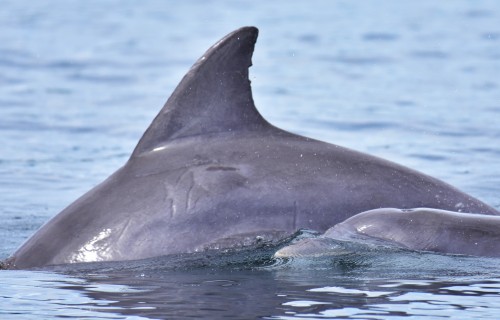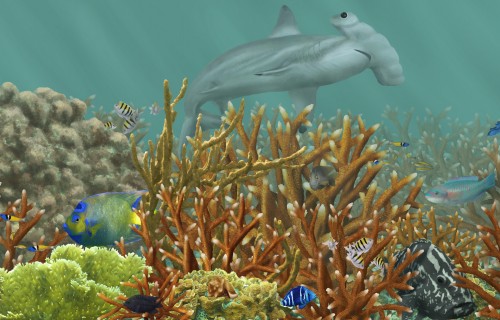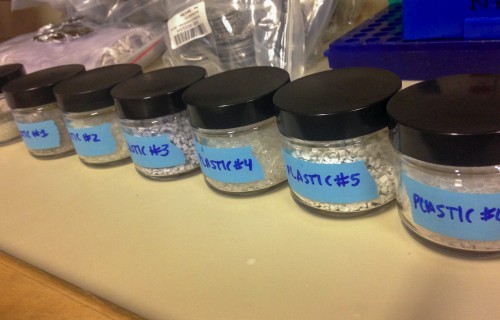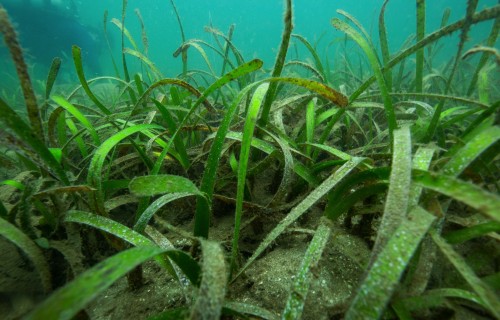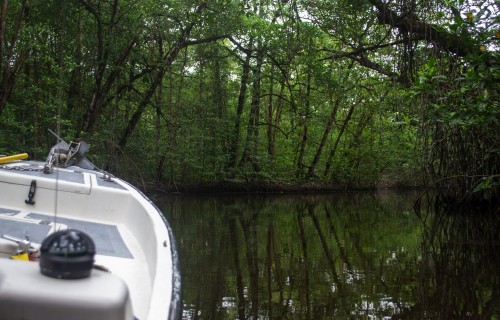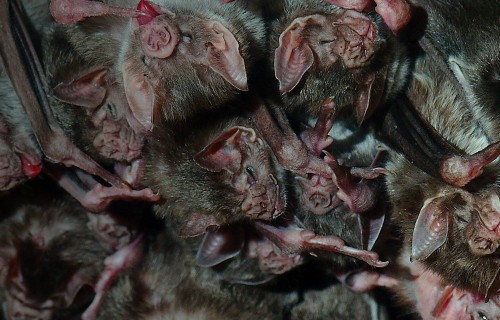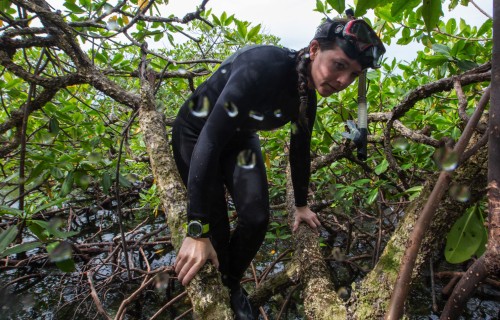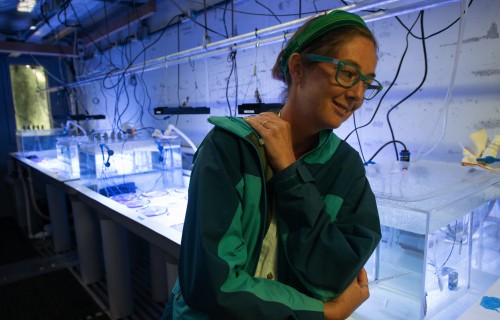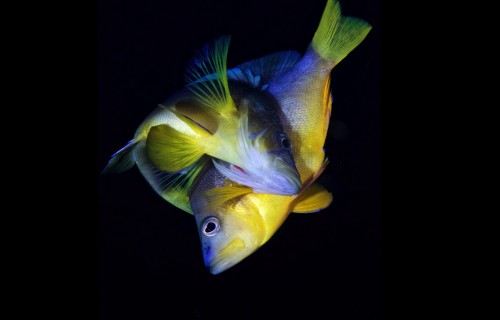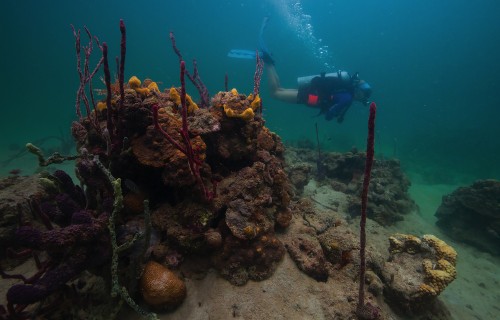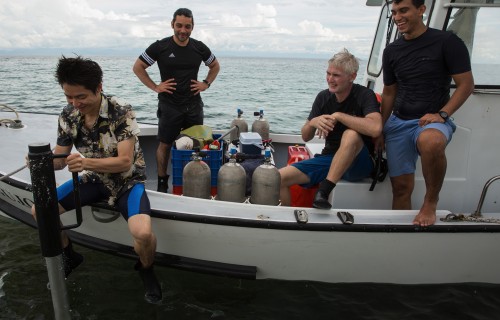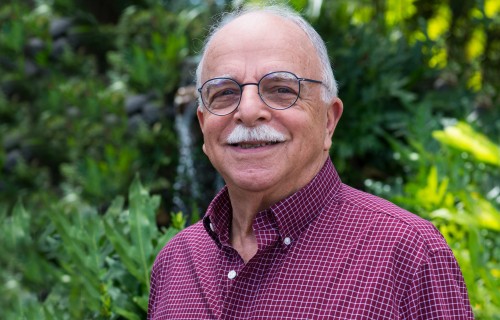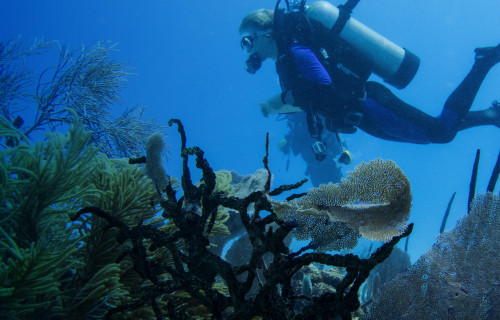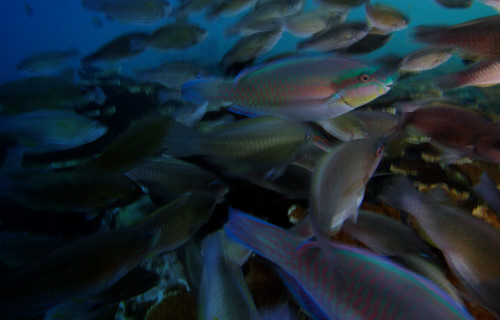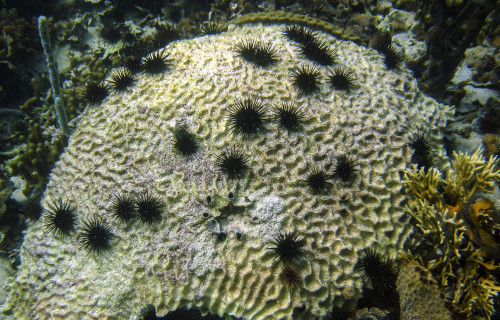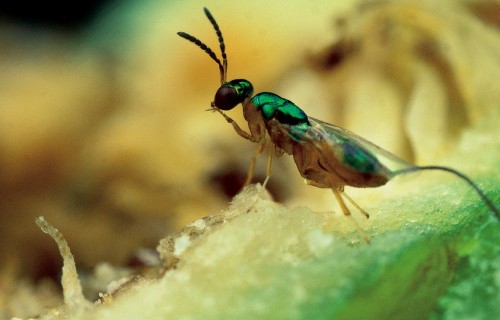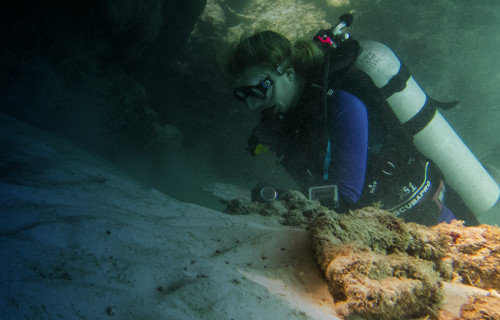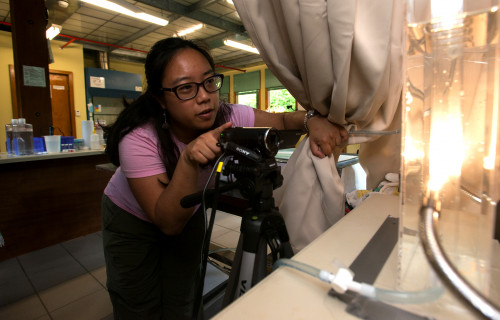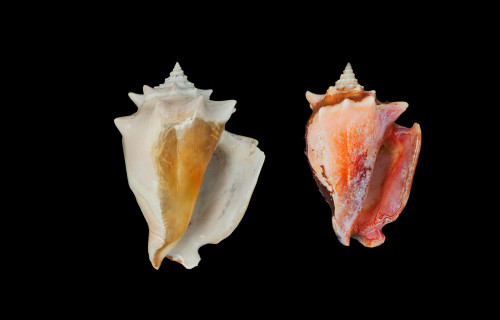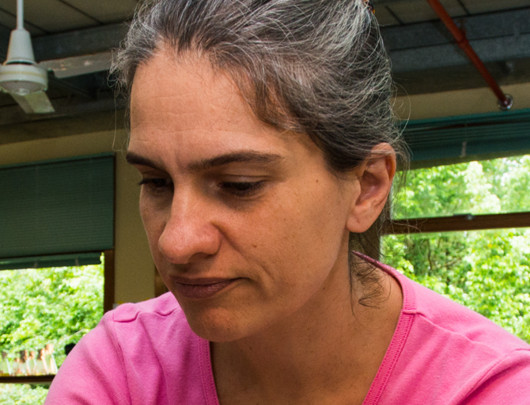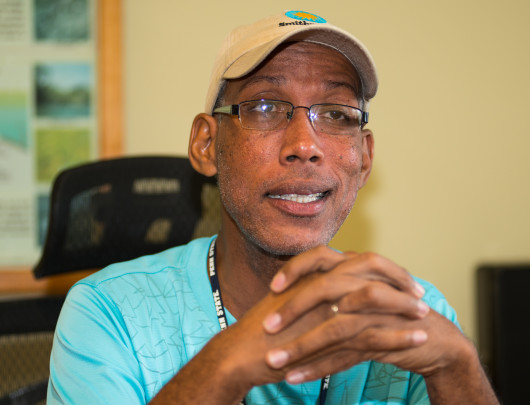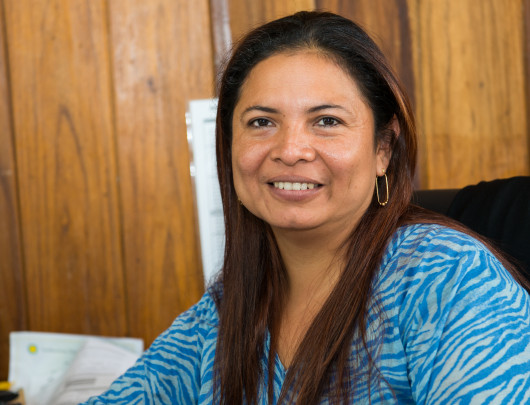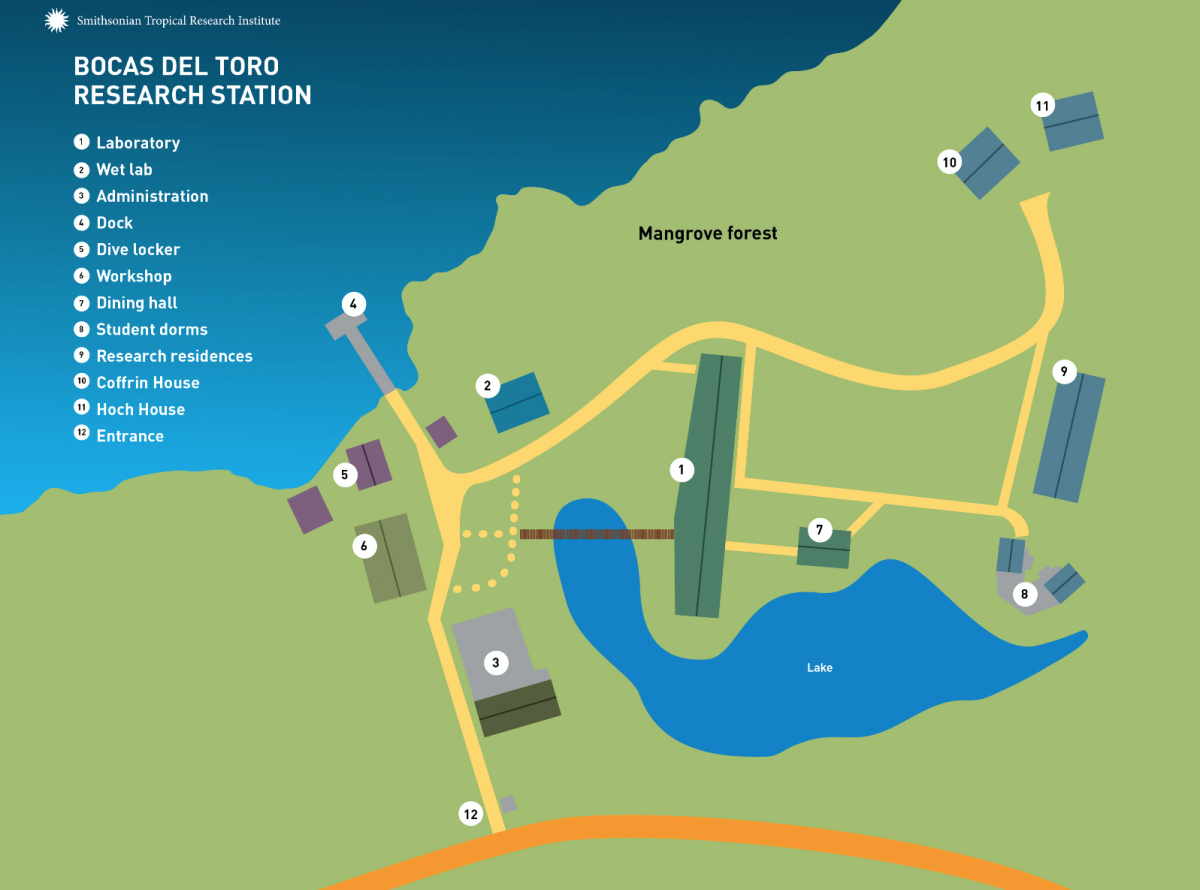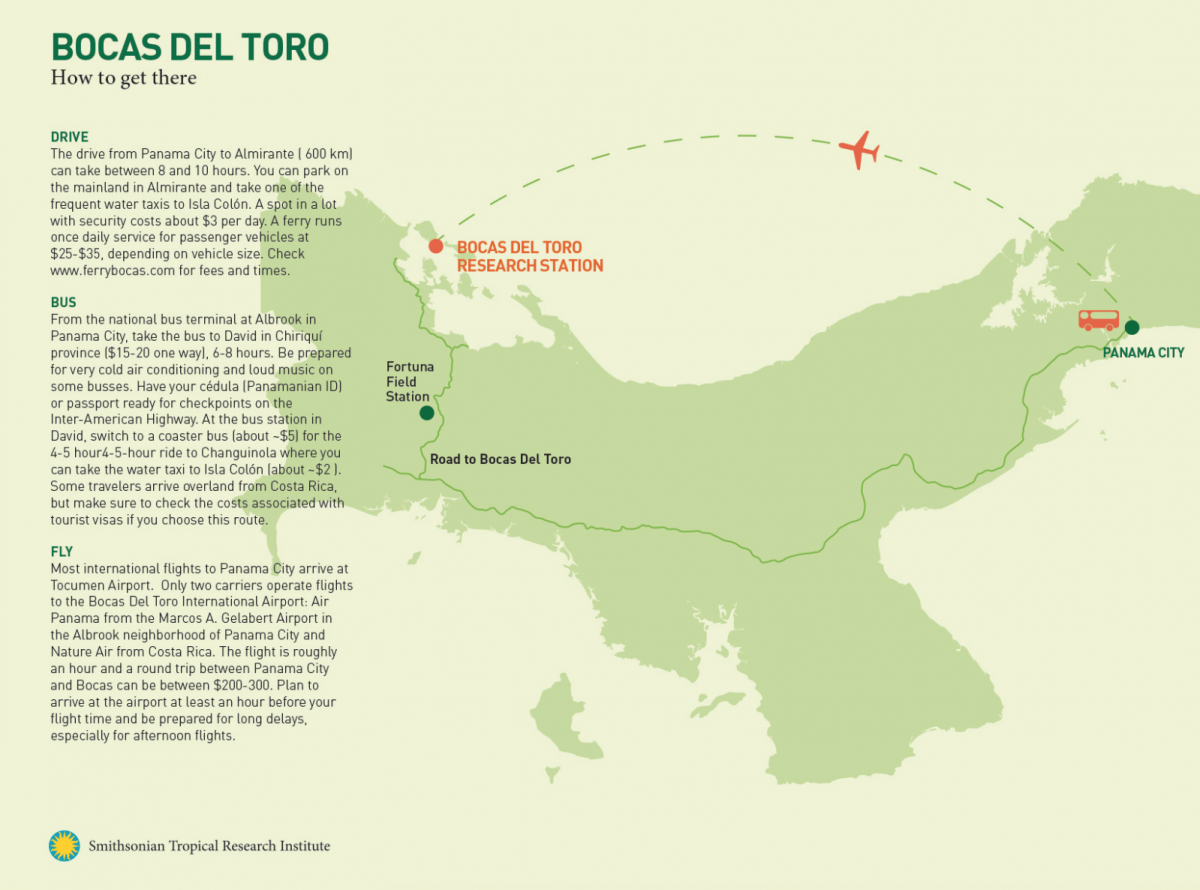




You are here
Bocas
del Toro
Research Station
From deep time to real time
in western Caribbean ecosystems
Projects and Stories
About 9,000 years ago, rising seas isolated this archipelago of mangrove-fringed islands off Panama’s Caribbean coast. STRI’s state-of-the art station in Panama’s Bocas Del Toro province draws scientists from around the world to study the species-rich marine and terrestrial habitats. The station hosts much of the institute’s scientific diving activities, allowing access to diverse coral reef and seagrass habitats. The station is also conveniently close to montane forests, lowland rainforests mangroves, and unique peat swamp forests.
Research
With 20 million years of geological history, islands separated from the mainland due to sea level rise, and a rich pre-Columbian and modern anthropological history, Bocas Del Toro is a remarkable natural laboratory to study evolution, climate change and human impact on Caribbean ecosystems. Marine research focuses on mangroves, seagrasses and coral reefs; the taxonomy of invertebrates; and the impact of human activity on coastal ecosystems and species like bottlenose dolphins. Terrestrial work includes the study of evolution of multiple colorful morphs of a poison-dart frog and the natural defenses of cacao trees against pathogens.
Science in Action
Human fishing reshaped Caribbean
reef food webs, 7000-year old
exposed fossilized reefs reveal
Researchers count manatees using their chatter to recognize individuals
Involving local students in the study of algal blooms on Isla Colón, in Bocas Del Toro, Panama.
A new underwater photo studio yields pixel-scale fish color pattern data
Smithsonian presents first Citizen Scientist award to Allison and Carlos Estapé for contributions to marine research
Cozying up to the mangrove
“Python of the Sea” study highlights marine biodiversity underestimates
Caribbean mangrove forests
may serve as coral shelters
How can “shark dandruff” contribute to coral reef conservation?
Dolphin-Watching affects
whistle frequency modulation
in bottlenose dolphins
Like a cooking show with worms: Smithsonian videos teach Taxonomy of diverse Marine creatures
First DNA extracted from modern,
ancient and fossil tropical shells
A community of scientists put microbial ecosystems back together again using anvi’o
Sea urchins are stuck belly
up in low-oxygen hot water
How the ability to clone itself
may empower a mystery globetrotter
A new nemertean species discovered in Panama’s Bocas del Toro archipelago was named after a local biologist
Two Panamanians in the service of the common good in Bocas del Toro
Smithsonian sleuths distinguish tropical
marine habitats in Panama using eDNA
Bocas dolphins may be more sociable while we shelter in place
Plenty of gloom with a dash of hope: Fossils reveal a lone reef in similar state to coral reefs before human impact
Microplastics are new homes
for microbes in the Caribbean
Constant change drives
local ecosystems
Vampire bat bonding persists
from the lab to the wild
Imprinting on mothers may drive
speciation in poison dart frogs
How new species
arise in the sea
From cold temps to heat stress
and oxygen depletion, marine
larvae overcome hazards on
the way to adulthood
The glue that holds the coral reef together
threatened by global change
Modern marine oxygen-deficiency research
inspires search for fossil record
Ira Rubinoff,
Emeritus Director,
retires from STRI
What were Caribbean coral
reefs like before humans?
Dead zones may threaten
coral reefs worldwide
Coral reefs grow faster and healthier when parrotfish are abundant
Are tiny grazers the
new hope for
Caribbean reefs?
Why study symbiotic
relationships in Panama?
Searching Caribbean reefs for sharks’ microscopic calling cards
How do larvae swim
in a hot-tub world?
Humans drive
evolution
of conch size
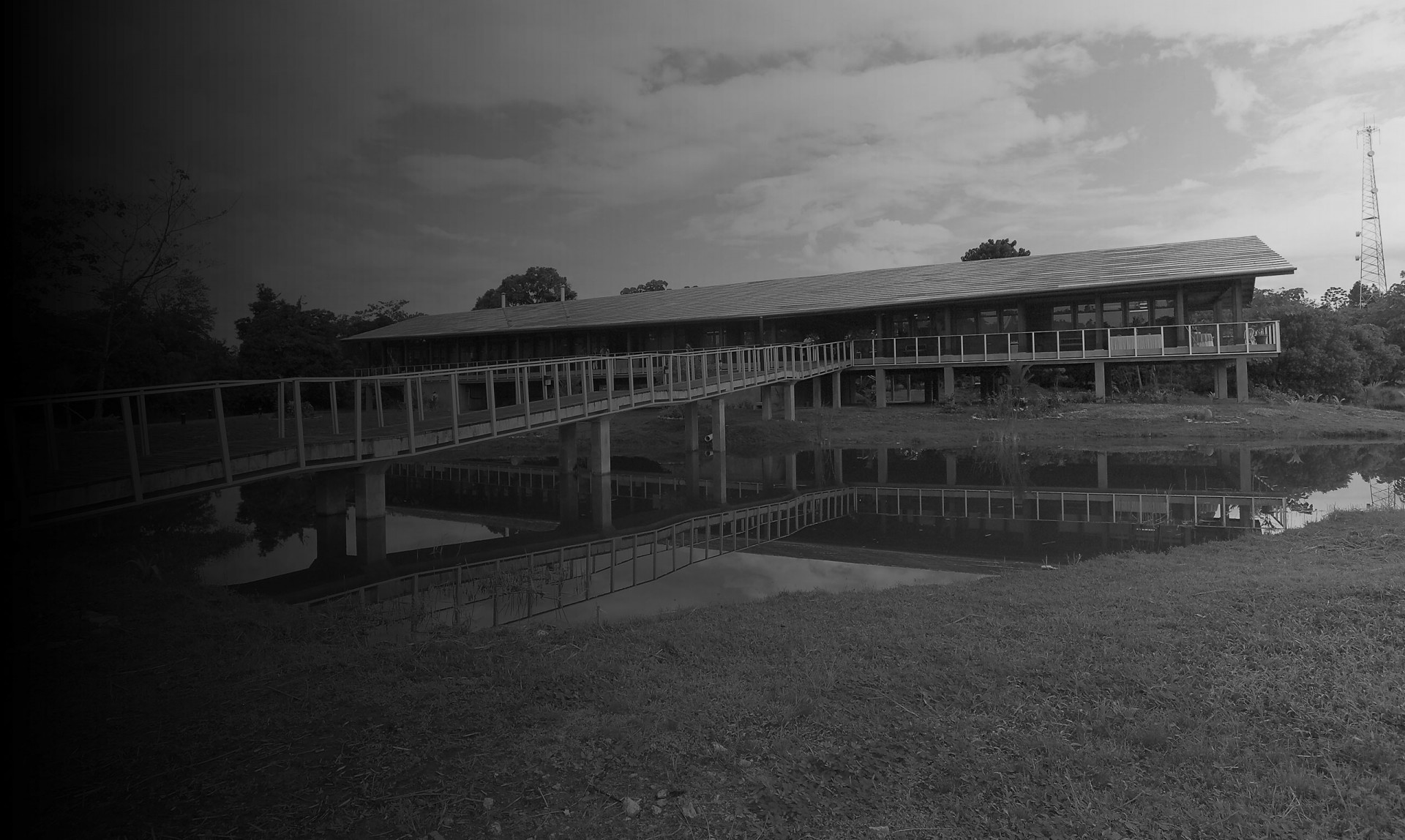
Smithsonian scientists first surveyed the mammal fauna of Panama's Bocas del Toro province in the 1970s. During the 1980s the Smithsonian's Panama Paleontology Project studied the geological history of the region to better understand the rise of the Isthmus of Panama. A permanent Smithsonian presence began with a land purchase in 1998. The state-of-the-art lab building was inaugurated in 2003 followed by a seawater system in 2004. Houses, kitchen and dorms have been added as the station gained recognition and popularity as a leading Caribbean research platform.
People
Bocas station's staff helps scientists with their research projects; keeps the dive locker, boats, grounds and labs in top shape; attend public visitors and engage in off-station community outreach, often at elementary schools.
Services and Resources
The Bocas station has virtually all the resources a marine biologist or terrestrial ecologist could need for a successful tropical field season: air-conditioned laboratories, modern lab equipment, a seawater system, a dive locker, a dock and boats, and comfortable living quarters.
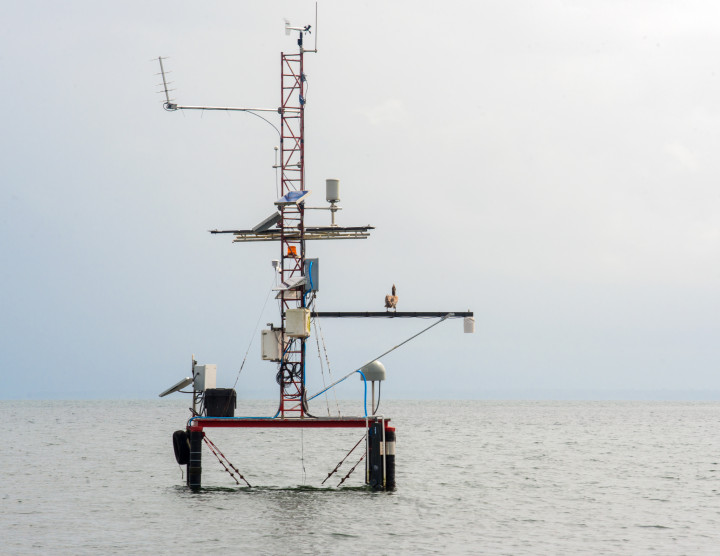
Physical Monitoring Program
Meteorological and oceanographic data has been systematically collected at the station since the early 2000s. In 2015, STRI and the MarineGEO program installed a multi-sensor sonde on a platform just off STRI’s dock, which records 16 different parameters every five minutes. The station also hosts COCONet, Ocean Cube and WMO ozone monitoring installations.
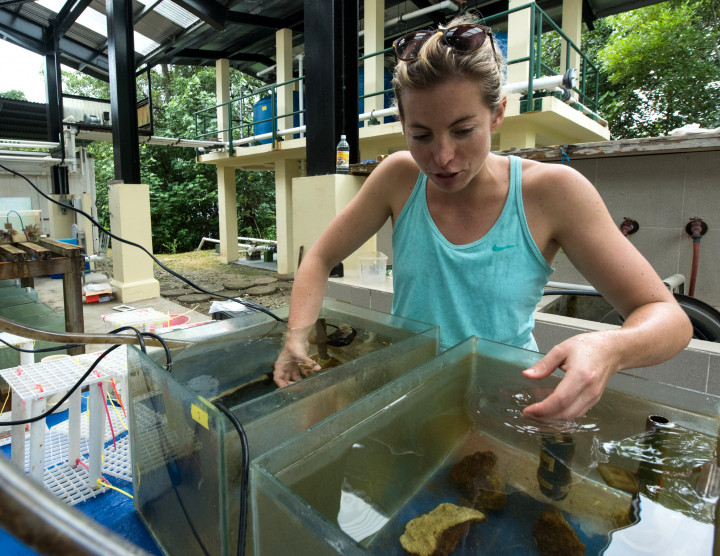
Laboratories and Equipment
The station has well-equipped, air-conditioned labs with high-speed internet. Researchers can use the station’s outdoor aquaria, seawater system and an air-conditioned wet lab. There is some general use equipment available for common use. Please contact the scientific coordination office for more information.

Scientific Diving Program
The busiest of STRI’s scientific diving sites is Bocas Del Toro. The station has a fully equipped dive locker with a cascade compressor system and enough tanks for large groups (though visiting divers will need to bring their own personal gear). Dive buddies and boat drivers can be hired by the day to assist researchers with their work. Our scientific diving program is affiliated with the American Academy of Underwater Sciences (AAUS).
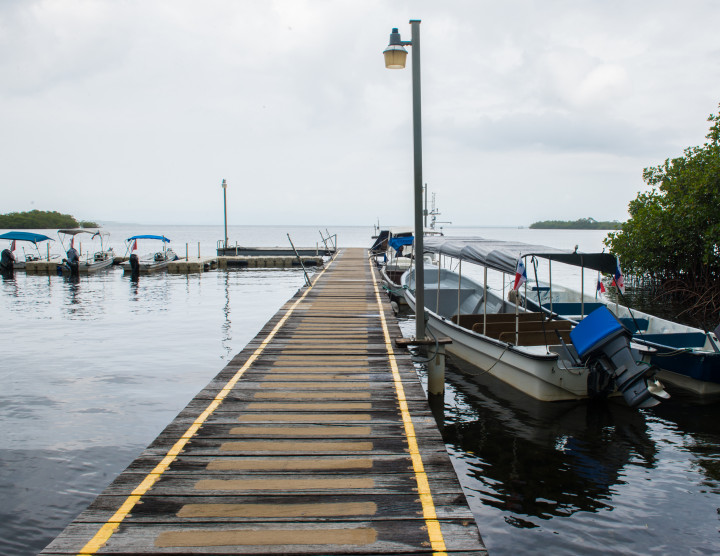
Dock and Research Vessels
The station has small research vessels ranging in length from 15 feet to 25 feet. Boats are used for accessing scientific diving sites, studying mangroves and accessing research sites surrounding islands and peninsulas. There is usually high demand for boats and boat captains so it is essential to plan in advance if your research project requires boats.

Marinegeo Program
Bocas is the Panama anchor site of the Smithsonian Institution’s MarineGEO global marine research and monitoring network. The program was launched here in 2015 and MarineGEO research is active year-round at the station. The program is creating and implementing standardized marine monitoring and experimental protocols at sites around the globe. Visit the MarineGEO website for more information

Taxonomy Training Program
Training in Tropical Taxonomy (TTT) courses are a signature program at the Bocas station. A major impediment to documentation and conservation of global biodiversity is the shortage of scientists trained to find, describe and name organisms. The TTT program, founded by station director Rachel Collin, is unique in addressing this issue by focusing on hands-on training in the field to train future experts on the taxonomy of under-studied organisms.
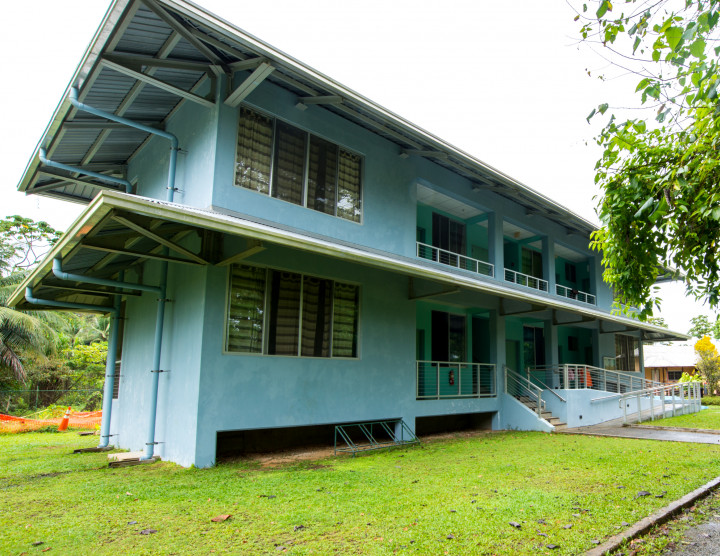
Accommodations
The station has two shared dorms that accommodate up to 32 people. There are two large kitchens and dining halls, one for each dorm. The Hoch and Cofrin houses have fully equipped kitchens, ample living rooms, furniture and two air-conditioned rooms with two double beds each. Catering staff can be hired for large groups. Food can be purchased in town. Some rooms accommodate 1-2 people.
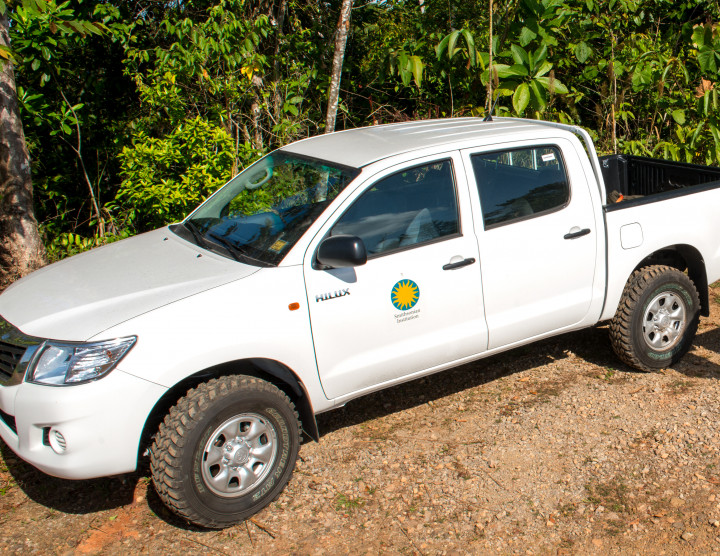
Field vehicles
The station has two manual transmission 4x4 trucks available at most research facilities. Some labs have their own vehicles as well. These vehicles are for authorizes research activities and need to be booked in advance. Drivers need valid licenses, a U.S. government license (issued at STRI), and experience driving manual transmission vehicles in off-road conditions.
Maps and Directions
Bocas Del Toro is the westernmost province of Panama. Colón Island is one of the largest islands in Almirante Bay. The research station is located on a tiny isthmus that connects the large northern portion of Colón Island to the town of Bocas Del Toro, often referred to as Bocas Town. The station is a few minutes by taxi (less than $1) from town. From the airport to the station, transportation in taxis or collective vans costs $2.
Contact Us
Visiting Scientists
For planning your visit and while you're at the station
Emergencies
Report all emergencies to STRI security
